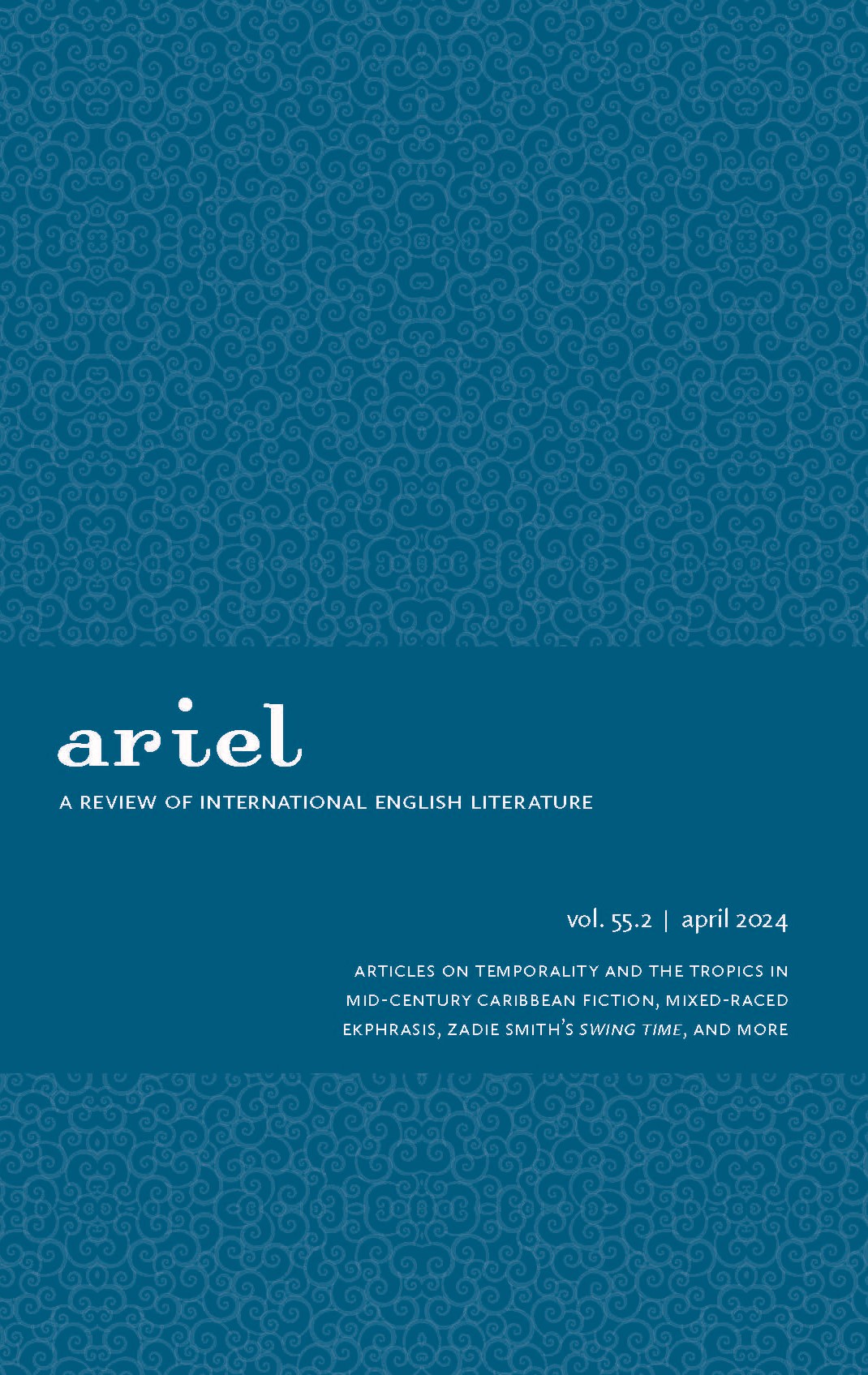Dancing Bodies in Zadie Smith’s Swing Time
Keywords:
transnational literature, dance studies, female bodies, hybridity, Zadie SmithAbstract
This essay reads Zadie Smith’s Swing Time (2016) as generating innovative and insightful conversations between literary criticism and dance studies. Smith’s novel explores the onstage and offstage performative experiences and challenges of hybridized bodies and hyphenated identities in a transcontinental context. The novel sets up an interactive dancefloor for its leading characters—the unnamed female narrator and her childhood friend Tracey—both of whom are biracial and live in the working-class neighborhoods of Northwest London. The two characters form an early alliance owing to being the only “brown” girls in their local dance class—the narrator’s father is white and her mother is black whereas Tracey’s father is black and her mother is white. Drawing from cultural studies and dance theories, this essay considers the narrator’s and Tracey’s practices and experiences of dance to discuss the swinging connections and disconnections between selves, bodies, and cultures carried through the two protagonists’ challenged expressions of agency and mobility in glocal and transnational contexts.


